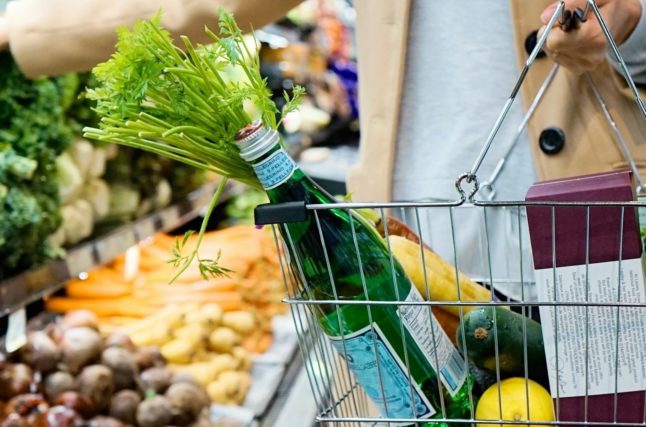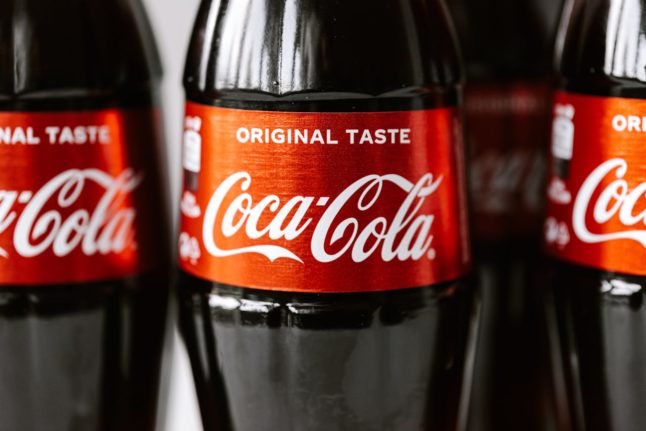Common consumer goods (except one) are typically more expensive in Switzerland than in neighbour countries — sometimes by much.
This includes food.
READ ALSO: Why Switzerland is the most expensive country in Europe
That is especially the case of largest Swiss chains, Migros and Coop, while Denner, Lidl, and Aldi say their food prices are significantly lower.
To find out whether this claim is actually true, journalists from RTS public broadcaster’s consumer programme went shopping in each of these supermarkets.
They purchased the same 30 products in each of the five supermarkets on the same day, to ensure that the price comparison is as accurate as possible.
Not what you’d expect
In each of the stores, the investigators purchased only the lowest priced items from the supermarkets’ budget lines.
It turned out that most money was spent at Denner, widely considered to be one of the lowest-priced supermarkets.
The total for the 30 items came to 181.67 francs — more than was spent at the country’s more expensive stores, Migros and Coop, where identical basket of goods cost 170.37 and 167.82 francs, respectively.
(That, in itself, is surprising as well, because Migros typically has lower prices than Coop).
As for the other two supermarkets, these purchases cost 166.59 francs at Aldi and 162.05 at Lidl.
So the difference in price between Migros and Coop versus Aldi and Lidl is minimal. But what is even more surprising is that the cost of groceries at ‘cheap’ Denner is actually highest of the lot, by between 11 and nearly 20 francs.
Migros and Coop performed quite well in the comparison survey because most of the items purchased in those stores came from their budget lines, M-Budget and Prix-Garantie, respectively, both of which were introduced to compete with Aldi and Lidl.
But how important is price? Patrick Krauskopf, a professor of anti-trust law, told RTS: “German, French, English, Spanish and American consumers pay a lot of attention to price. In Switzerland, consumers place more emphasis on quality of service. Price is almost secondary.
“Distributors have realised this and have stopped competing fiercely on price.”
Big versus small
While this particular analysis focused on supermarket chains, another survey, conducted at the end of 2023, looked at prices in small grocery shops.
Common logic has it that it is cheaper to shop in supermarkets than a local corner store, because big retailers purchase products in large quantities, which means lower prices for consumers.
However, prices in some local shops were found to be “up to 30 percent cheaper than Migros and Coop.”
The reason is that in order to cut costs, small grocers may buy their products from the most cost-effective suppliers, a tactic which includes importing some items.
Another reason for lower prices is that unlike major supermarkets, which ‘pretty up’ their stores for better presentation of products, these small retailers are ‘no-frill’ shops. This means little money is invested in décor, so there are no extra costs to pass on to consumers.
READ ALSO: Why it might be cheaper to avoid the big supermarkets in Switzerland



 Please whitelist us to continue reading.
Please whitelist us to continue reading.
Member comments